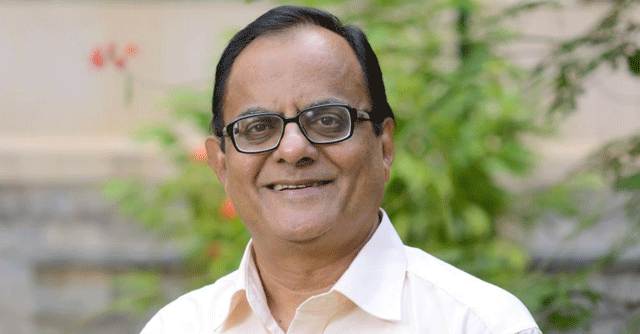
Upcoming space policy to push private startups to build satellites in India


India’s upcoming space policy, which has been in the making for years now, is tipped to pave the way for startups from the private sector to build indigenous satellites for application in various sectors. Alongside building satellites, Ajay Kumar Sood, the principal scientific advisor to the government of India, said that the private space-tech startup sector could also explore how to make the most of the low-Earth orbit (LEO) satellite technology – a new entity.
In an interaction with the Press Trust of India, Sood said that LEO satellites is a low-cost technology that is also at scale, which could “change the space sector.”
He further added that applications that could be derived out of the nascent private space sector in India include healthcare, land assessment, property taxation, urban development, agriculture and more. “We have not tapped the full potential of this sector. In 2022, the space sector is witnessing what the information technology sector experienced in the 1990s,” said Sood.

Putting the onus on private players in the space sector, Sood said that the Indian Space Research Organisation (Isro) has limitations in terms of projects that it can achieve, which is where private companies will need to come in.
Private space-tech startups, on their behalf, have been awaiting a detailed space policy that could, among various things, detail how the private sector in India would be involved in the country’s central space projects. In December last year, Pawan Chandana, chief executive of Indian space startup Skyroot Aerospace, told Mint that the upcoming space policy could enable private sector participation in the government’s manned space mission as well.
While Sood did not specify such plans, the principal scientific advisor’s words come as a point of encouragement for a sector that has been awaiting a formalized policy for a while now – which could pave the way for further investments and projects in Indian space-tech startups.

